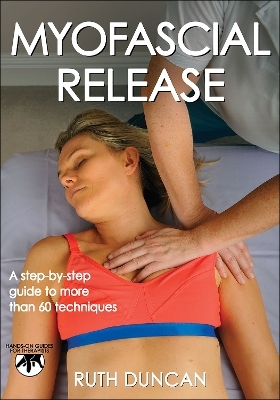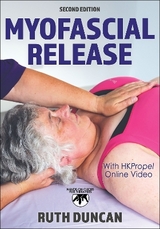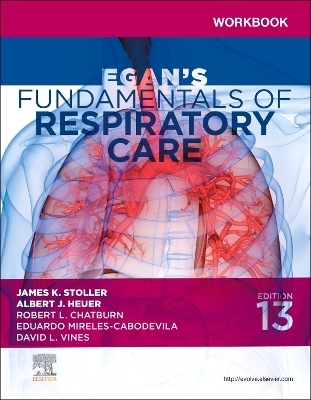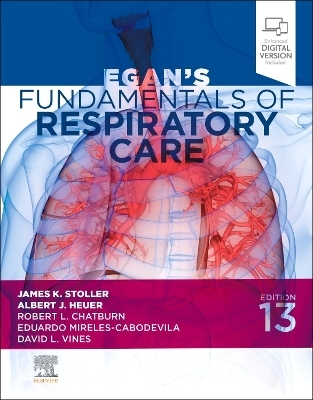
Myofascial Release
Human Kinetics (Verlag)
978-1-4504-4457-6 (ISBN)
- Titel erscheint in neuer Auflage
- Artikel merken
Myofascial Release provides comprehensive training for hands-on therapists of all disciplines and at all levels to expand their practice. From technique descriptions and their applications to client interactions and the preservation of practitioner strength and functionality, this guide teaches therapists every crucial aspect of employing myofascial release to its fullest benefit.
This scientifically grounded whole-body approach presents an overview of the entire fascial matrix, the three-dimensional web of tissue that supports, encompasses, and protects every other structure in the body. The explanation of the anatomy and function of the connective tissue system gives practitioners the solid background needed for working most effectively with soft tissue to treat muscle injury, immobility, and pain. The book also outlines how myofascial release relates to other massage modalities in the Hands on Guides for Therapists series, ensuring therapists incorporate all of their skills to the greatest effect for their clients.
Descriptions of over 60 myofascial techniques contain details on the timing, direction, and hold of each stretch as well as numerous photographs that illustrate the body and hand positions of each technique. Nuanced explanations of the unique feel of soft tissue, including the component of position of ease felt in the fascial drag, enhance the therapist’s palpation skills. The therapist learns how to apply the best approach—cross-hand releases, longitudinal plane releases, compression releases, and transverse plane releases—on specific injuries or issues and how to combine techniques to maximize their effectiveness. The text also contains home programs that clients can use themselves between treatment sessions.
Myofascial Release provides an entire therapeutic approach as opposed to just the hands-on application that most books offer. Special features make this resource more effective and efficient for readers:
• Full-color photos present a strong visual guide to employing each technique safely.
• The photo index reference tool quickly points readers to the desired technique.
• Therapist tips provide practical comments on applying the techniques.
• Client talk boxes share the author’s experiences and insights on common situations.
• Quick Questions at the end of each chapter test readers’ knowledge of material.
Finally, the text offers insight on interacting with clients and ensuring their entire therapeutic experience is fulfilling. It covers the client consultation process, checking for contraindications and performing the visual assessment, how the client may respond to the treatment, and what the practitioner and client might feel and see during the process. Readers will come away from Myofascial Release with a holistic understanding of the approach and how to apply the principles to their practice.
Myofascial Release is part of the Hands-On Guides for Therapists series, which features specific tools for assessment and treatment that fall well within the realm of massage therapists but may be useful for other body workers, such as osteopaths and fitness instructors. The guides include full-color instructional photographs, Tips sections that aid in adjusting massage techniques, Client Talk boxes thatt present ideas for creatively applying techniques for various types of clients, and questions for testing knowledge and skill.
Ruth Duncan, SST, ISRM, SMTO, is an advanced myofascial release therapist, proprietor, instructor, guest lecturer, speaker, national committee member and writer with extensive training in a variety of approaches. She completed her advanced postgraduate training in 2004 with John F. Barnes (the world’s leading authority on myofascial release) and has assisted with his seminars in the United States. Duncan also has explored other direct and nondirect fascial approaches, including Thomas Myers’ anatomy trains and myofascial meridians, Erik Dalton’s myoskeletal alignment techniques and Jean-Pierre Barral’s visceral manipulation. She has studied with experts on myriad topics to learn more about human anatomy, function and dysfunction and the emotional aspects of chronic pain and healing. Duncan graduated with honours as a clinical massage therapist from the Humanities Centre School of Massage (now the Cortiva Institute in Florida, USA) and has a diploma in sports therapy from the Society of Sports Therapists (Sports Rehab and Education) and a diploma in sports and remedial massage from the Institute of Sport and Remedial Massage. She runs her own clinicm The Natural Therapy Centre north of Glasgow, Scotland, specialising in the MFR approach in single sessions and intensive treatments.
Part I. Getting Started With Myofascial Release
Chapter 1. Introduction to Myofascial Release
Elements of Fascia
Conditions That Affect Fascia
Myofascial Release Concepts
MFR Versus Other Massage Modalities
Benefits of MFR
MFR Treatment Sessions
Closing Remarks
Quick Questions
Chapter 2. Initial Assessment
Client Consultation
Medical History
Physical Assessment
Closing Remarks
Quick Questions
Chapter 3. Preparation and Communication
Contraindications
Equipment and Room Preparation
Correct Body Mechanics
Mental Preparation
Therapist and Client Communication
Effects of and Responses to MFR
Closing Remarks
Quick Questions
Part II. MFR Applications
Chapter 4. Palpatory and Physical Assessments
Palpatory Assessment
Tissue Mobility, Motility and Glide
Traction and Compression
Skin Rolling
Rebounding
Closing Remarks
Quick Questions
Chapter 5. MFR Technique Approaches
How to Apply Every MFR Technique
Cross-Hand Releases
Longitudinal Plane Releases
Compression Releases
Transverse Plane Releases
Myofascial Unwinding and Myofascial Rebounding
Combining Techniques
Closing Remarks
Quick Questions
Part III. Applying MFR Techniques
Chapter 6. Cross-Hand Releases
Leg Techniques
Arm Techniques
Torso Techniques
Head and Neck Techniques
Closing Remarks
Quick Questions
Chapter 7. Longitudinal Plane Releases
Supine Pulls
Prone Pulls
Bilateral Pulls
Oppositional and Side-Lying Pulls
Closing Remarks
Quick Questions
Chapter 8. Compression Releases
Soft Tissue Compression Techniques
Joint Compression Techniques
Closing Remarks
Quick Questions
Chapter 9. Transverse Plane Releases
Pelvic Floor Technique
Respiratory Diaphragm Technique
Thoracic Inlet Techniques
Transverse Plane Technique at Joints
Closing Remarks
Quick Questions
Chapter 10. Myofascial Unwinding
Fascial Responses to Injury
The Unwinding Process
What Does Myofascial Unwinding Feel Like to the Client?
What Does Myofascial Unwinding Feel Like to the Therapist?
Closing Remarks
Quick Questions
Chapter 11. Myofascial Rebounding
The Rebounding Process
Rebounding as a Tool to Enhance Techniques
What Does Myofascial Rebounding Feel Like to the Client?
What Does Myofascial Rebounding Feel Like to the Therapist?
Closing Remarks
Quick Questions
Part IV. MFR Programmes and Management
Chapter 12. Combined Techniques and Taking MFR Further
Myofascial Position of Ease Techniques
Combining Techniques
Direct Scar Tissue Release Techniques
Closing Remarks
Quick Questions
Chapter 13. MFR Treatment Approaches
Individual Treatment Approaches
Intensive Treatment Approaches
Multi-Therapist Treatment Approaches
Home Programmes
Closing Remarks
Quick Questions
| Reihe/Serie | Hands-On Guides for Therapists |
|---|---|
| Verlagsort | Champaign, IL |
| Sprache | englisch |
| Maße | 178 x 254 mm |
| Gewicht | 567 g |
| Themenwelt | Medizin / Pharmazie ► Physiotherapie / Ergotherapie |
| ISBN-10 | 1-4504-4457-1 / 1450444571 |
| ISBN-13 | 978-1-4504-4457-6 / 9781450444576 |
| Zustand | Neuware |
| Informationen gemäß Produktsicherheitsverordnung (GPSR) | |
| Haben Sie eine Frage zum Produkt? |
aus dem Bereich



